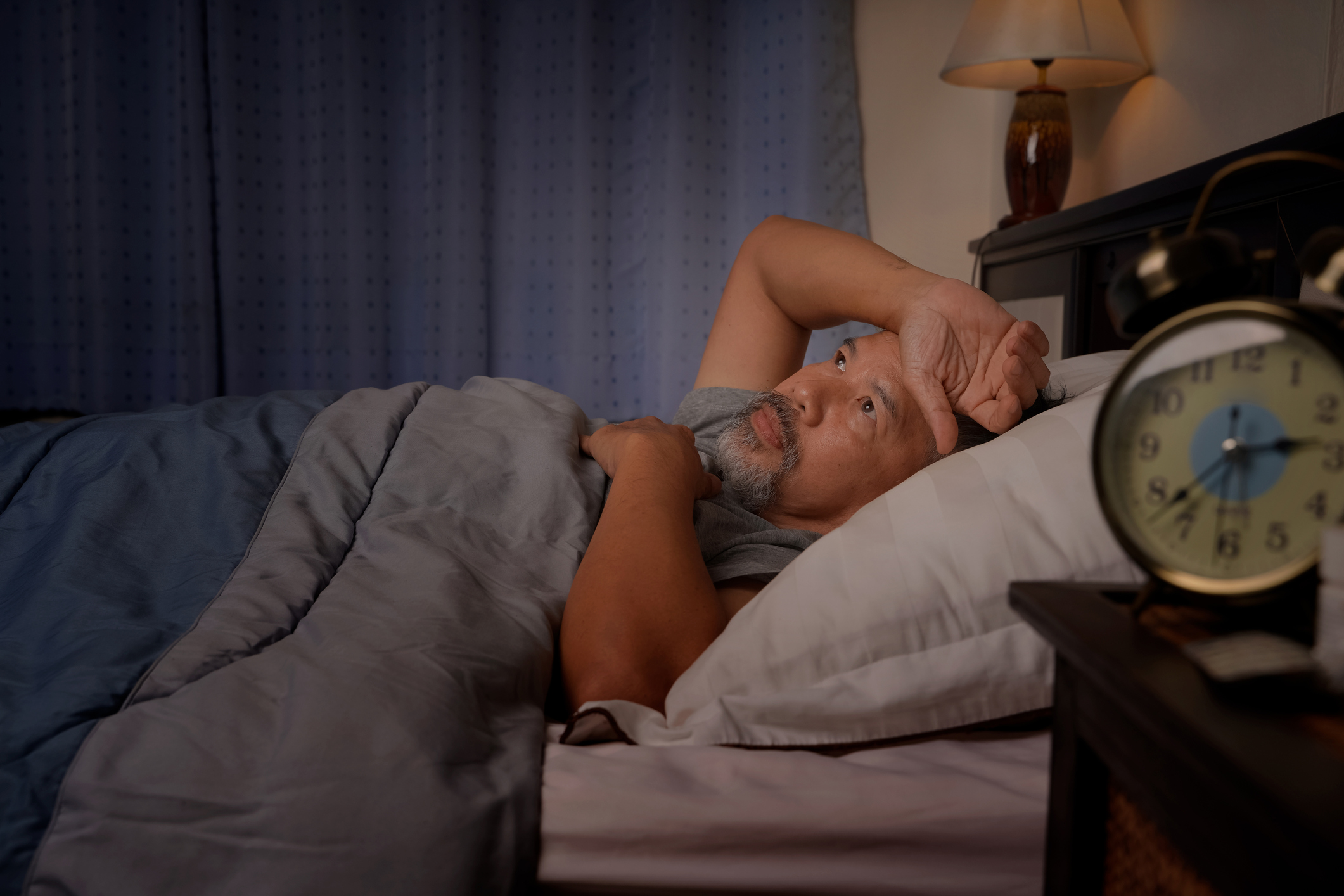As the month of September winds down and we head into October this weekend, many people are eagerly looking forward to catching up on a bit of much-needed rest after a hectic week. Good sleep habits are one of the foundations of a healthy lifestyle, but for some, getting quality sleep regularly is elusive – sleeping in an extra hour or two on non-working days can help you function better during the week.
Although it is ideal to practice good sleep hygiene on all days – going to bed at the same time, turning off devices an hour before bed, and sleeping in a cool, dark, quiet room, it is not always possible. Sleep researchers have found that if you aren’t getting optimal sleep during the week, or on work days, it can be beneficial to sleep in a few extra hours on days off to help offset a “sleep debt”.
According to Well+Good, Healthy Sleeping Habits, experts used to advise against sleeping in on weekends in favour of sticking to a regular sleep schedule. But when people are consistently not getting enough sleep overall, newer research shows that catching up on the weekend or days off can be good for health and brain function. But stick to just an hour or two; sleeping too long can throw your sleep schedule off and make it harder to develop a good routine. Although life may get in the way of a regular sleep schedule, it is best to try and keep to a routine for optimal, restful sleep.
The newer recommendations for catching up on missed sleep are aimed at people who have some sleep issues but not at those with chronic insomnia. People with chronic insomnia may experience worsening symptoms if they regularly sleep in on weekends or days off. Talk with your doctor if you have chronic insomnia.
Napping is also beneficial for people who don’t seem to ever get enough sleep, but limit daytime naps to no more than 30 minutes before 2 p.m. to avoid causing nighttime sleep issues. If you are trying to get to bed earlier at night, gradually shift your bedtime by 15 to 30 minutes daily, and unwind with a relaxing bedtime routine, away from devices, and avoiding alcohol or caffeine.






Add Your Voice
0 Comments
Join the Discussion